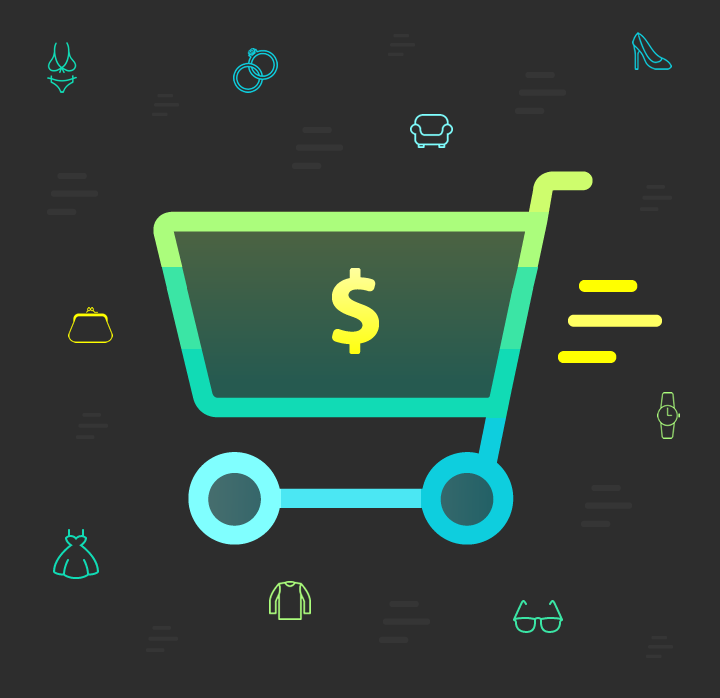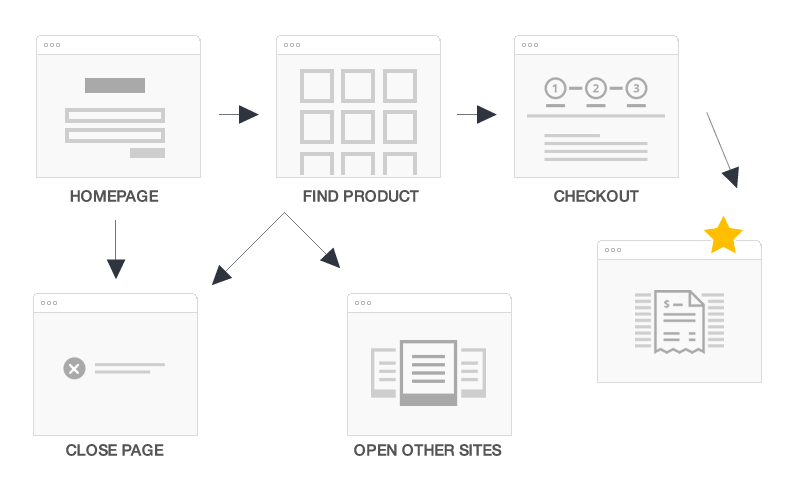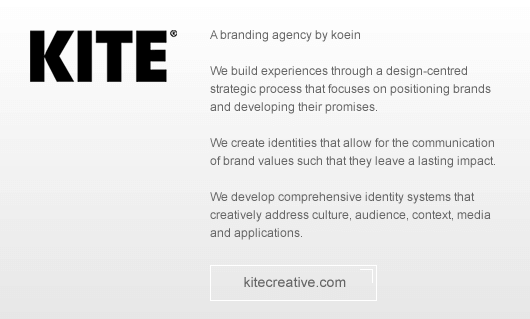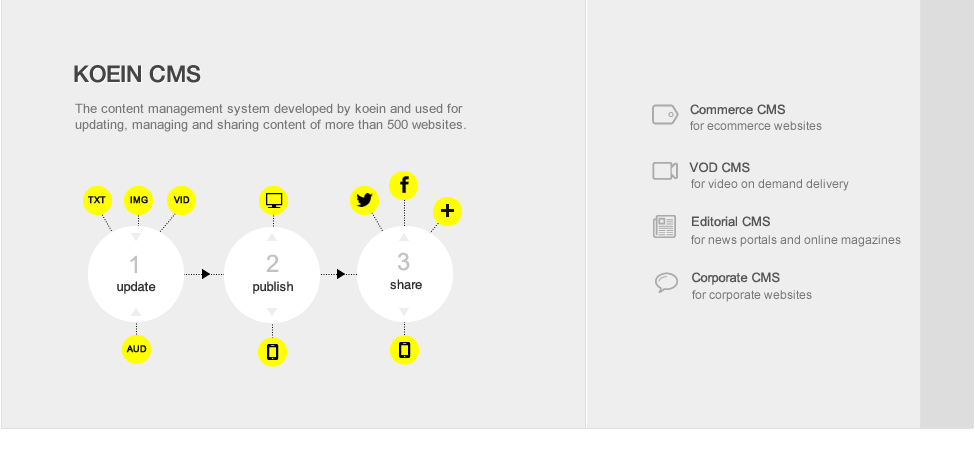14 Tips on How To Maximize Ecommerce Sales

ecommerce best practices
for an enjoyable and differentiated shopping experience
All ecommerce websites have a common goal: the need to generate business all while boosting the brand. While people aren’t spending their money online easily and businesses are expanding online, it remains a challenge to offer a differentiated experience. Online shopping is about convenience and comfort, and it is only through a targeted online retail strategy and a site that elegantly meets all requirements that you can satisfy your client and increase your revenue.
Here's how to succeed in creating a profitable business and increase your ecommerce sales:
-
Define your target
Defining and understanding your target market , is probably one of the key marketing pieces for business success. When you really know your target audience, you can increase your sales, and sell more items than what the customer originally came for. That’s success.
 Marka VIP Strategy Study - by Koein
Marka VIP Strategy Study - by Koein-
Create a User-Oriented Experience
Think like a customer. Work on user interface design that is brand appropriate, to provide your customers with the best possible online shopping experience. A well-structured navigation is a must to attract an audience and getting them to come back.
Make sure your registration and checkout pages are made-easy to create a pleasant experience. Remember your main objective is for your users to feel as comfortable as possible
 E-commerce user experience. One should incite its users to reach the ckeckout pages.
E-commerce user experience. One should incite its users to reach the ckeckout pages.
-
Add content to create stickiness
Add unique content that supports the buying process like reviews, multiple product views. Ask for your shopper’s opinions of items you are showcasing and selling.
It could be interesting to use dynamic pages to serve customized content based on the user profile. For example, if a user had already searched for an item on your website, you might think of delivering him with an entirely different content that you know will attract him, such as a similar item, or an accessory.
Make sure you include all the necessary tool that will help your customers purchase, such as the size guidelines of your products (for clothing for example).
You can also offer plenty of images for the same product, as images tend to draw attention.
-
Incentivize customers
The idea here is to find a way to motivate users to buy on your site. You can suggest individualized promotions such as discount and loyalty program for VIP customers. You can even generate a product selection of these promotional items, grouped in one category to suggest a new shopping experience, build positive brand affinity and increase virality effect.
Try to understand how your customer values things, where they spend their money, and get to know their shopping patterns. Understanding price resistance will allow you to know why your customers will pay more for something and less for something else, and this will allow you to decide on which items to promote.
-
Think of the mobile experience
It’s not anymore about E-commerce alone, it’s also about M-commerce as Mobile commerce is growing very fast. You should enable your consumers to experience your brand consistently across all online platforms, which in turn will allow your sales to grow.
One way of building an enticing browsing experience is through responsive design, meaning you design a single site that displays differently on different devices, and this will allow you to save resources by reusing images,and content.
Moreover, keep in mind that a good mobile experience includes offering mobile-accessible services such as delivery status, real-time notifications, click-to-call, maps, and product information.
-
Tap into logistics
Make sure you can manage a high volume of complex orders while keeping customers satisfied (numbers of days to deliver, no complaints, …).
A key differentiator is reverse logistics, which is the ability to handle returns and exchanges quickly and economically.
Same-day delivery can also be a competitive advantage.
You can also think of decreasing the cost of delivery for your clients to incite them to purchase, or for dissatisfied clients on their next order.
-
Suggest Search and Filters tools
A lot of shoppers abandon websites because they were unable to find the products they were looking for. They can’t buy on your website if they don’t find the product, and they would often conclude that the website didn’t carry such items. This misunderstanding leads to an immediate loss of a sale, but also to future losses.
-
Set filters.
Each category should have a unique set of filters specific to the type of products it contains, to allow users to narrow down the selection to only a few items that match their particular needs or interests. It’s the e-commerce equivalent of walking into a physical store and asking a sales-person for “a blue, women’s, winter coat in size medium”.
You can also offer thematic filters based on the unique product-types of the website. Thematic browsing are necessary to help visitors with common requests such as “a fancy dress” or “a high-end laptop with good value for money”.
You can offer compatibility filters to suggest compatible products (accessories, spare parts, …) with a specific model name of number. -
Display an On-site search.
Allow your customers to search by product name or model number. Don’t forget to display useful results when the user types just a single character wrong in the product’s name, or if they type synonyms to the namings you listed. You can also present them with autocomplete suggestions.
-
Cross-promote your products
Upselling and cross-selling is an excellent tool for business. Think of suggesting :
- a supplementary products list for users who are looking for add-ons or accessories
- a what’s new category
- a recently viewed items.
-
Increase your traffic
To reach more sales, you need to target new customers and increase your traffic. Here are a few ways to increase your number of visitors :
- Through SEO : Use keywords and meta tags to raise your ranking in search results.
- Through Social Media : It is an effective way to target audiences and get word-of-mouth momentum.
- Through forums, blogs, advertising, emailing, and referrals.
You can read our article “Successful strategies to increase your online traffic” to get deeper on this subject.
-
Boost Customer Loyalty
Help keep your customers engaged and satisfied by offering a good customer service (live chat, emails, phone system, training to employees, tracking results, …).
-
Plan for maximum flexibility and scalability
Your website should be built in a way that makes it easy to expand and accommodate easily upcoming requirements (languages, features, products categories, currencies, multiple warehouses,...).
-
Develop a plan to anticipate traffic spikes
Anticipate your traffic peak figures and load requirements to ensure no downtime on your site, which can damage your reputation. You want your website to be at it utmost best when you have the biggest number of visitors showing up. It’s always best to anticipate your visitors increase, instead of having them by surprise.
-
Get insights
Define the metrics that will allow you to accurately measure key results and performance. Follow closely on conversion rates to increase sales. Create and follow your ecommerce sales funnel to understand the steps your users did prior to purchasing, or abandoning cart.
Use customer surveys to get deeper knowledge about your customers and their interests.
Your study might lead you to rethinking or revamping certain aspects of your website, don’t be afraid to go through this line.
-
Protect your site from hacking or fraud
Make sure you build consumer trust by limiting the risk of fraudulent activities and ensuring the privacy of consumer information.
Here are some of the key actions you can do :
- Choose a secure e-commerce platform
- Use a secure connection for online checkout (Use SSL certificates)
- Don’t store readable sensitive data such as credit card information
- Require strong passwords
- Use tracking numbers for all orders
-
Conclusion
Continuously listen to your shoppers, keep up with the latest trends and emerging technologies, and don’t forget to analyze metrics to display an effective strategy. You can always experiment to improve the experience for your users, and thus your business results.
What interesting ecommerce websites have you found lately ? What did you like about them ? Let us know in the comments !

